Ravichandran Ashwin Stirs Controversy Over Hindi as National Language Debate
Former cricketer Ravichandran Ashwin reignited India’s language debate, stating Hindi is an official, not a national, language at a Chennai event. Per the 2011 Census, 43.63% of Indians consider Hindi their mother tongue. Ashwin remarks follow ongoing concerns, particularly in South India, about the alleged imposition of Hindi, sparking controversies over linguistic inclusivity and constitutional rights.

India’s former cricketer Ravichandran Ashwin recently reignited the national language debate during a graduation ceremony at a private engineering college in Chennai, Tamil Nadu. Addressing the audience, Ashwin clarified that Hindi is not India’s national language but one of the official languages. His remarks come amidst ongoing discussions about linguistic diversity and cultural identity in India. He said:
English students in the house..give me a yay. Tamil (students cheer loudly)…okay..Hindi (very little noise from the crowd). I wanted to say Hindi is an official language and not the national language.
As per the Constitution, Hindi holds the status of an official language alongside English. The 2011 Census revealed that 43.63% of Indians speak Hindi as their mother tongue. However, opposition leaders and regional voices, particularly in South India, have often criticized efforts to promote Hindi, accusing the central government of attempting to impose the language on non-Hindi-speaking states.
Tamil Nadu Chief Minister MK Stalin and other leaders have voiced strong opposition, highlighting the need to respect India’s multilingual fabric. Union Home Minister Amit Shah’s past statements advocating for Hindi as a unifying language further intensified the debate, drawing both support and protests nationwide. Ashwin’s comments add a fresh perspective to this complex and ongoing conversation.
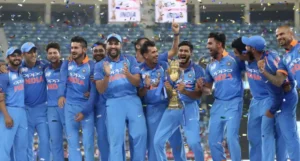
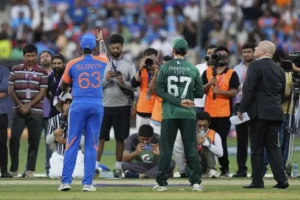

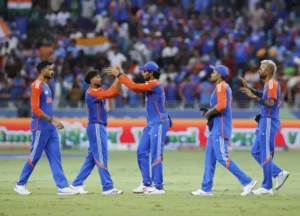
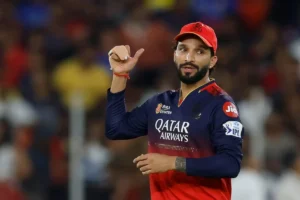
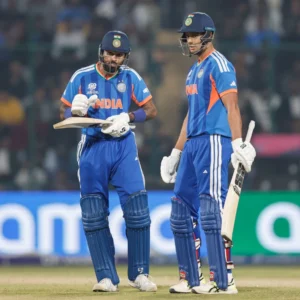
Comments